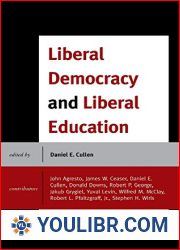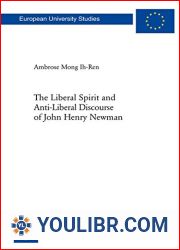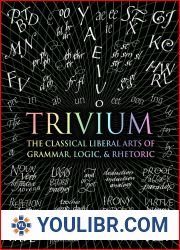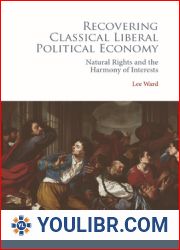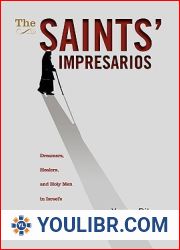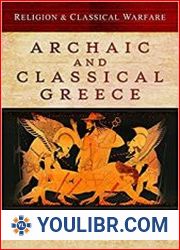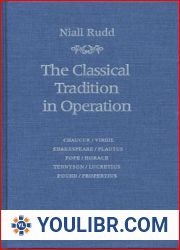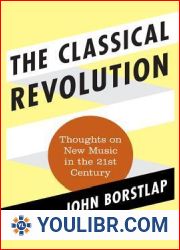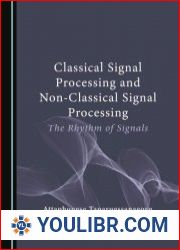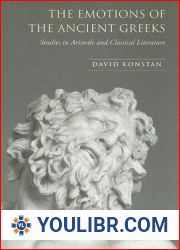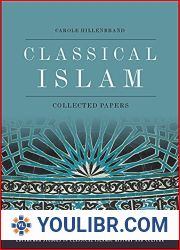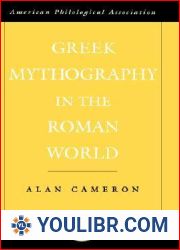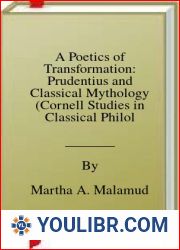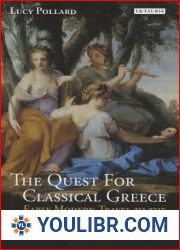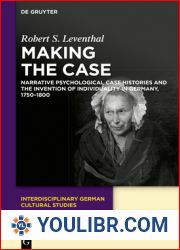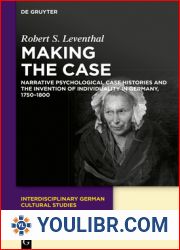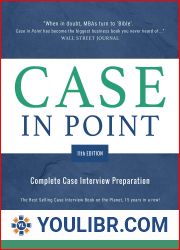
BOOKS - The Classical Liberal Case for Israel


US $6.85

718839

718839
The Classical Liberal Case for Israel
Author: Walter Block
Year: November 3, 2021
Format: PDF
File size: PDF 11 MB
Language: English
Year: November 3, 2021
Format: PDF
File size: PDF 11 MB
Language: English
This book offers a unique perspective on the State of Israel based on classical liberalism, both on a historical and theoretical level. Specifically, it makes a classical liberal and libertarian analysis based upon homesteading and private property rights to defend the State of Israel.As such, this work explores the history of the Jewish State, both to provide a positive case for its right to exist, and to clarify the myths surrounding its origin and development. At the same time, it deals with other relevant related subjects, such as the complex situation between Israel and the Palestinian Arabs, the military campaigns against the Jewish State, the connection between anti-Zionism and anti-Semitism, and Israel's economic miracle.The thorough analysis presented in this work intends to show not only why the voices and movements against Israel are wrong (including the Boycott, Divestment and Sanctions movement, BDS), but more importantly, why Israel is an example of human flourishing and freedom that every advocate for liberty should celebrate.The Classical Liberal Case for Israel makes the practical and moral case for Israel. It is based on truths and facts that need to be repeated over and over. Block, Futerman and u0026 Farber understand that the only way to defeat a big lie is with a big truth. Benjamin Netanyahu, Prime Minister of the State of Israel, Jerusalem, IsraelClassical Liberalism, often associated with the spread West from Northern Europe in creating free nations, is argued here as applying to Israel, with ancient roots in the principles of human freedom. Vernon L. Smith, Ph.D. Nobel Prize in Economic Sciences (2002), and Professor, George L. Argyros Endowed Chair in Finance and Economics, Professor of Economics and Law, Smith Institute for Political Economy and Philosophy, at Chapman University.









